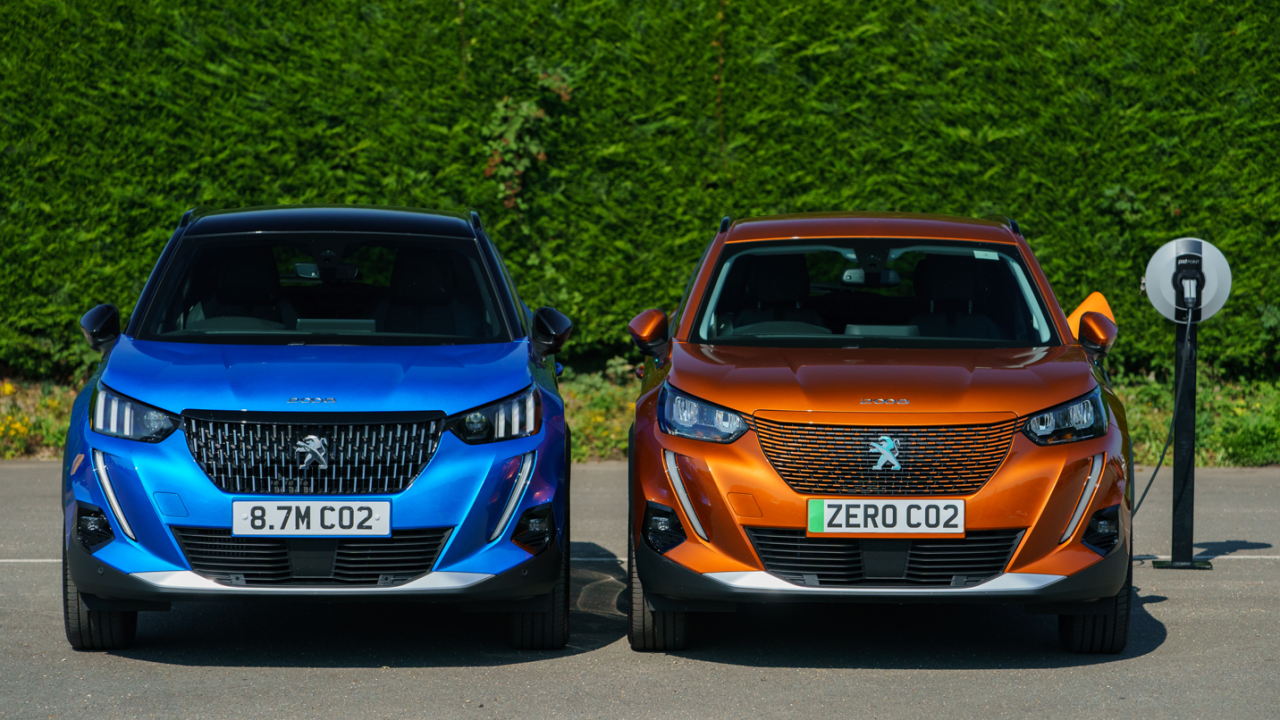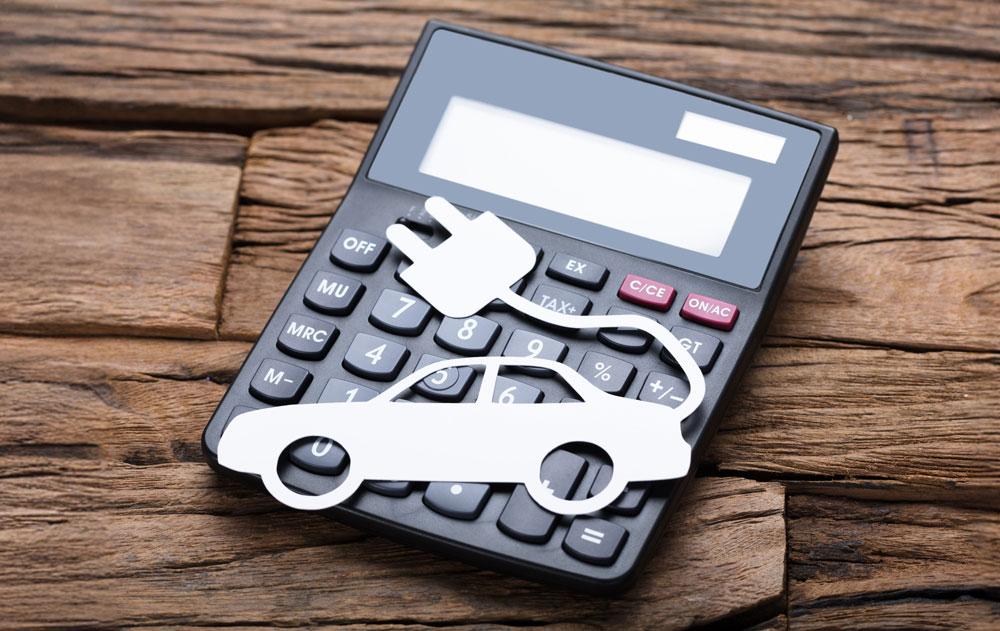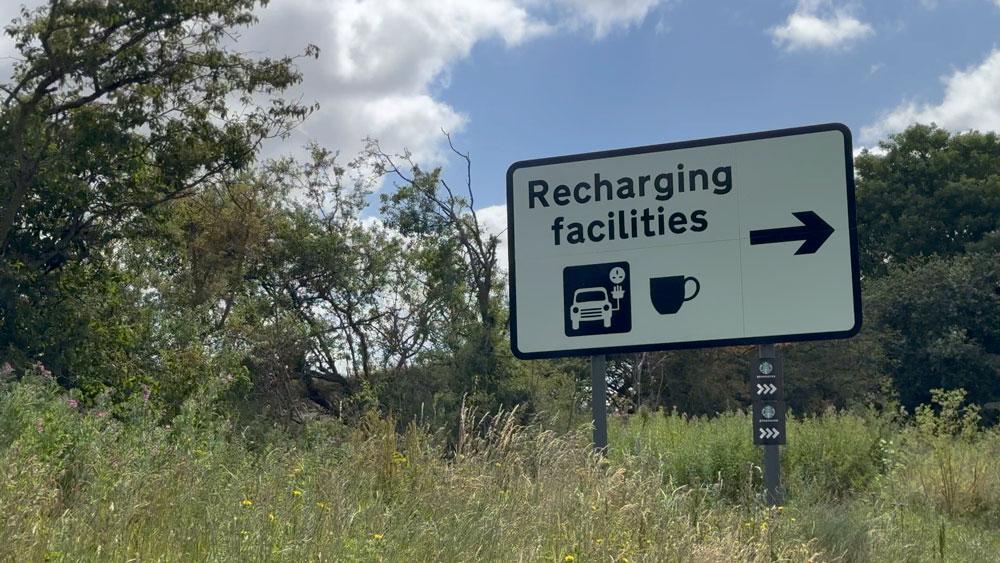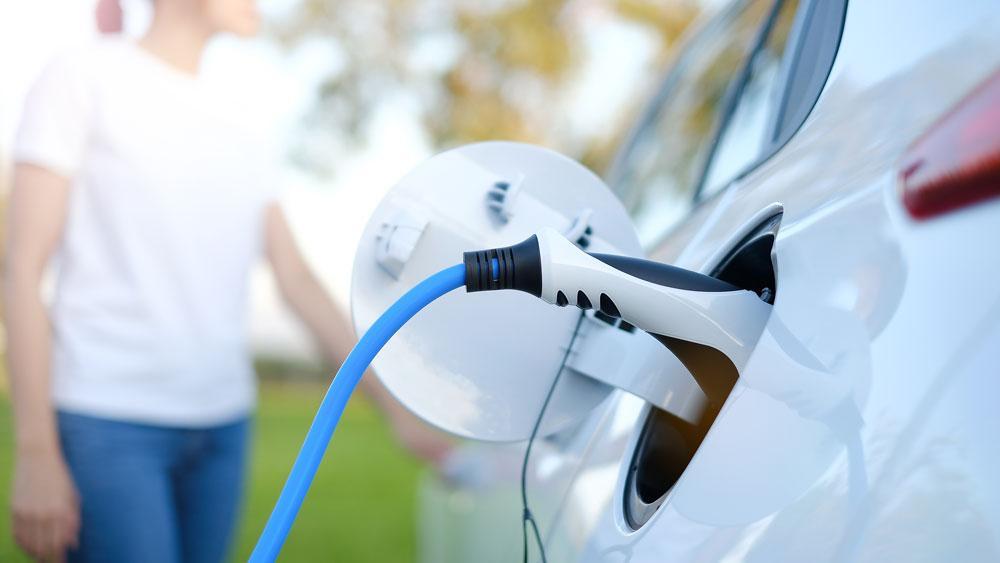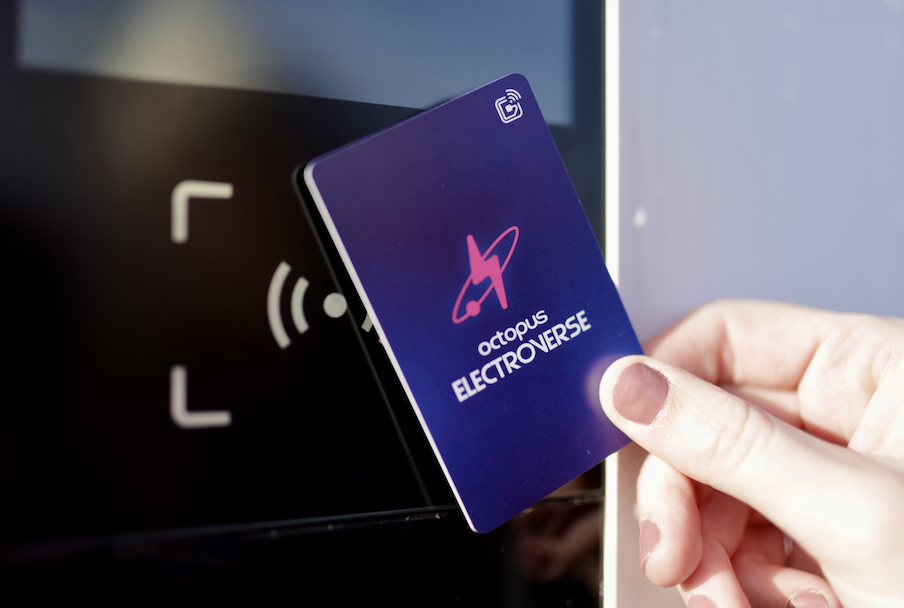Drivers of SUVs could save Britain at least 8.7 million tonnes of carbon emissions each year if they were all to switch to an equivalent electric vehicle version, according to new research from EDF.
SUVs are growing in popularity worldwide, reaching the highest level of demand for any body type - however average carbon emissions from these vehicles are nearly 10% higher than the average car. Analysis conducted by EDF found that the 4.2million petrol and diesel SUVs on UK roads will emit around 8.7m tonnes of carbon dioxide per year, when driven an average of 7,400 miles.
By comparison, running an electric SUV would contribute no carbon dioxide emissions to the environment if charged using a regulated renewable tariff, such as EDF’s GoElectric tariff.
Consumer research commissioned by EDF revealed that, despite SUVs being the second largest cause of the global rise in CO2 emissions over the past decade, their impact on the environment is only the eighth most important consideration (35%) for drivers when purchasing a new model. It lies behind the cost to run (51%), size of the boot (48%) and whether it runs off petrol, diesel or is a hybrid (47%). In comparison, only a quarter (26%) of SUV drivers state that they would consider whether the model is an EV prior to purchasing.
The research also reveals that despite over 6 in 10 (65%) SUV drivers believing switching to an EV is an environmentally better option, and a ban on the sale of new ICE vehicles due to come into force in 2030, only 53% are considering making the switch in the next 5-10 years.
The main barriers for drivers of petrol and diesel vehicles to going electric include concerns about the costs of purchasing an EV (70%) and limited access to charge points (63%), alongside concerns around lengthy charging times and the cost of installing a home charging point putting off over half of British motorists (53%).
Despite these concerns, those who own EVs are positive about their experiences, with over half claiming that EVs perform much better than a petrol/diesel vehicle (53%) and that they can fully charge their vehicle for under a fiver overnight using a home charge-point (51%).
Of those petrol and diesel SUV drivers who are looking to make the switch to electric, over half (53%) said they would do so in a bid to tackle climate change, with a third (33%) believing going electric will save them money in the long run.
The research demonstrated that almost half of British motorists (48%) don’t realise that the equivalent SUV is available from certain manufacturers in both petrol, diesel and EV models - despite some of the most popular models having EV counterparts - with a third (32%) of non-SUV drivers stating that they would consider purchasing an SUV if they didn’t have such a large environmental impact.
What’s more, only a fifth (19%) of SUV drivers are aware that, when taking into consideration fuel and leasing costs, the cost to run an EV SUV is less than running a petrol/diesel equivalent model. Cost and carbon savings over the course of three years can be made on popular SUV models including the Peugeot e-2008 and BMW iX3 – as well as across the full range of body types including hatchbacks, coupes and saloon EVs.
The carbon savings from making the switch to an EV today – whether SUV, hatchback or saloon – will be highest using a regulated renewable EV tariff such as EDF’s 100% zero carbon GoElectric tariff. Drivers using a standard tariff based on today’s average grid mix of 182g/kWh9 would save less carbon. However in future if Britain achieves the 10g/kwh grid mix by 2035, the Climate Change Committee says is needed to be on net zero pathway10, then the saving from today’s SUV drivers switching to EVs would be around 8.7m tonnes of CO2 - even if using the grid average to charge.

